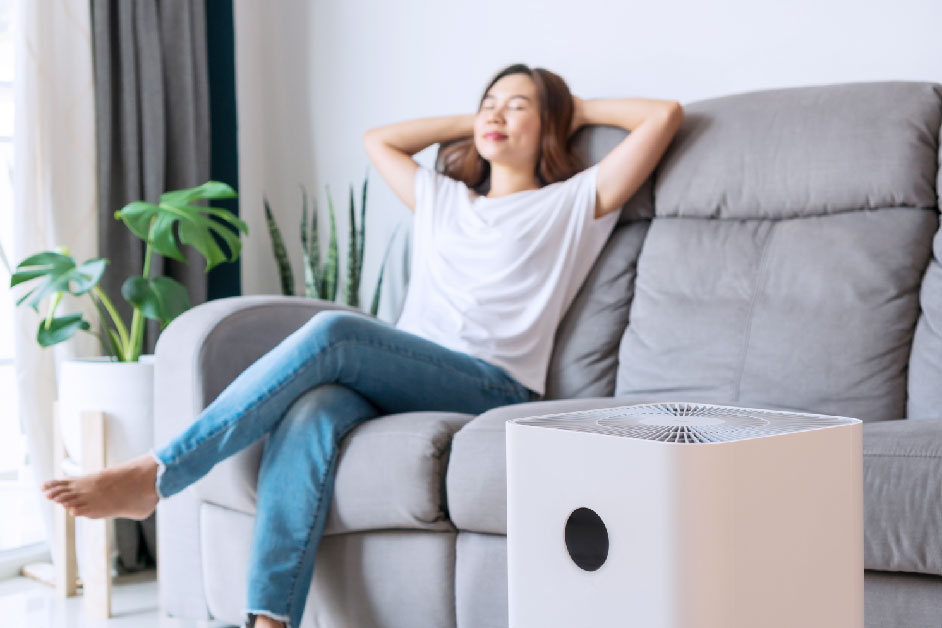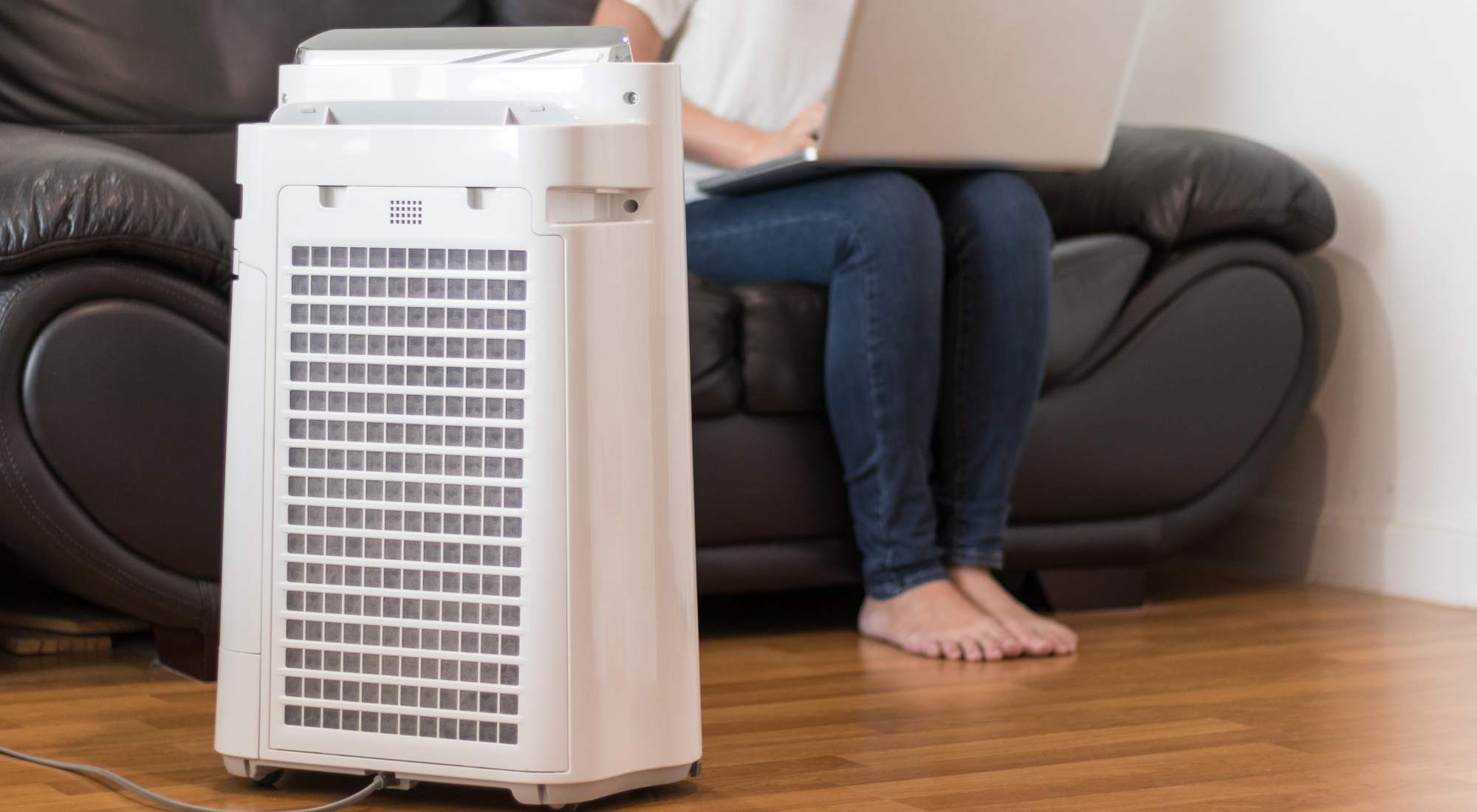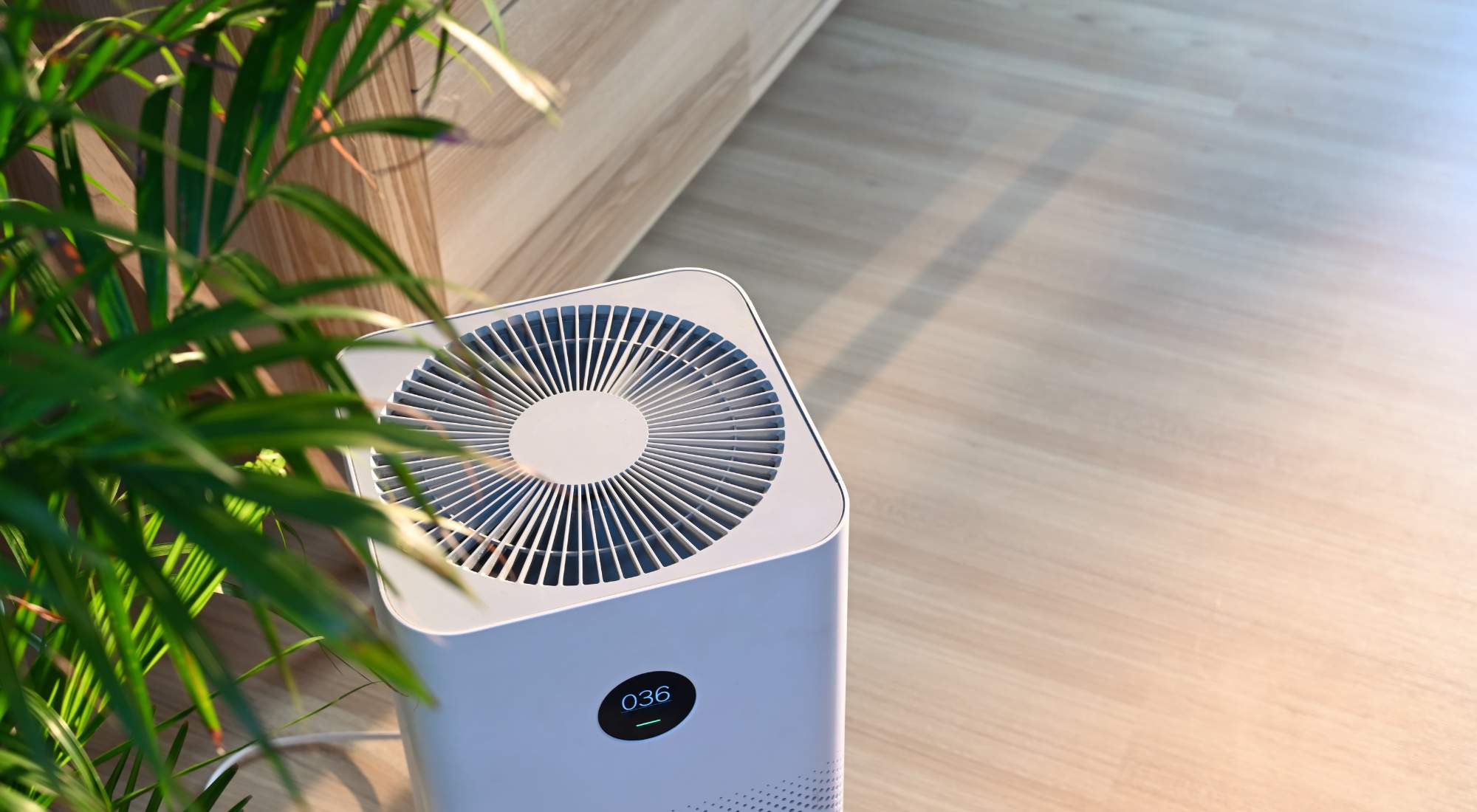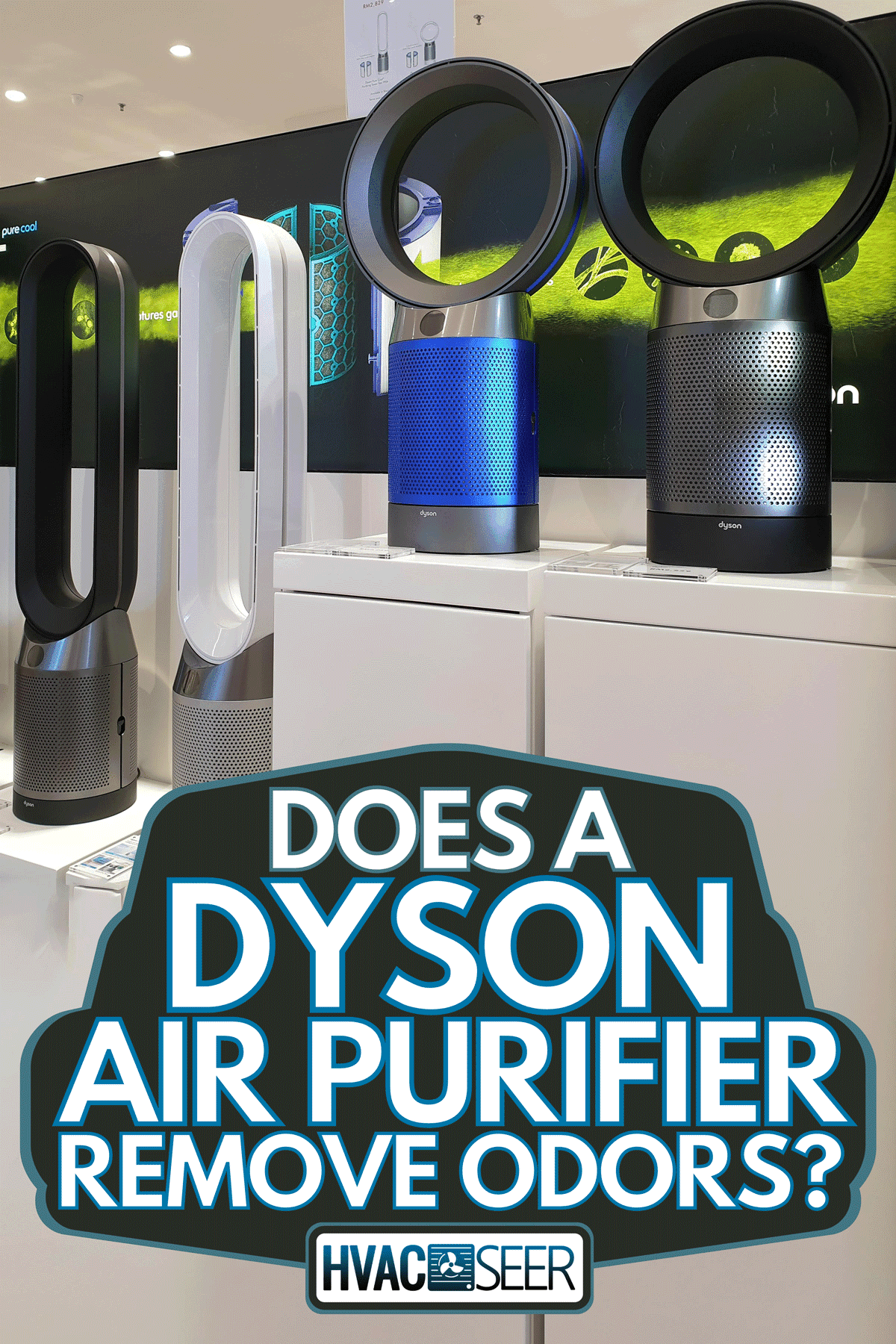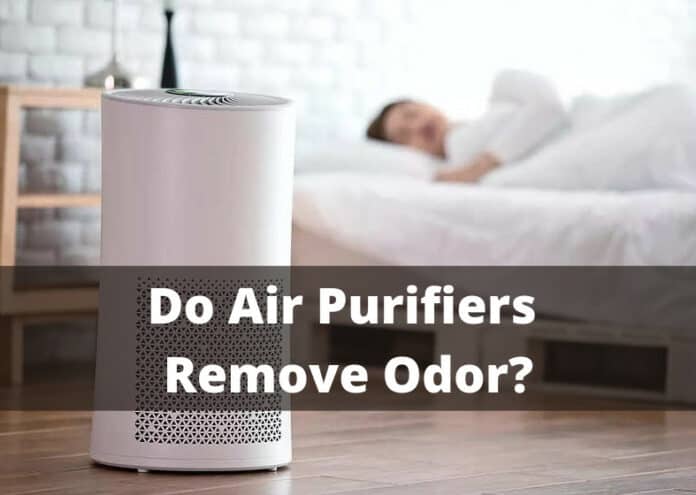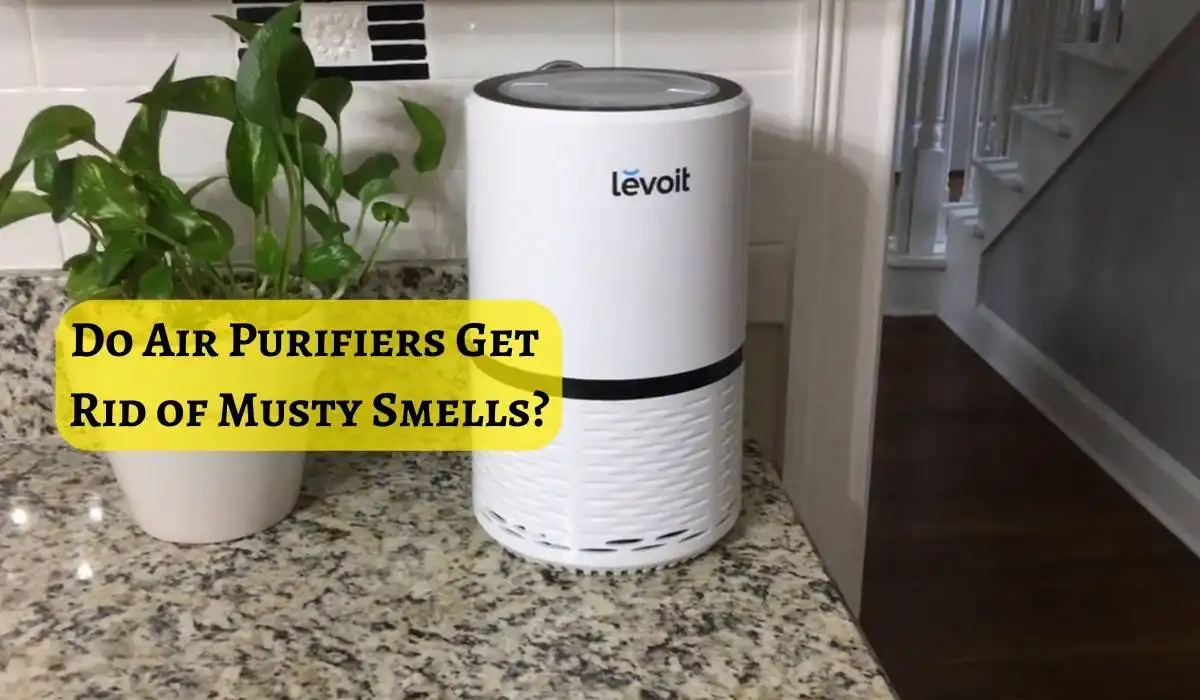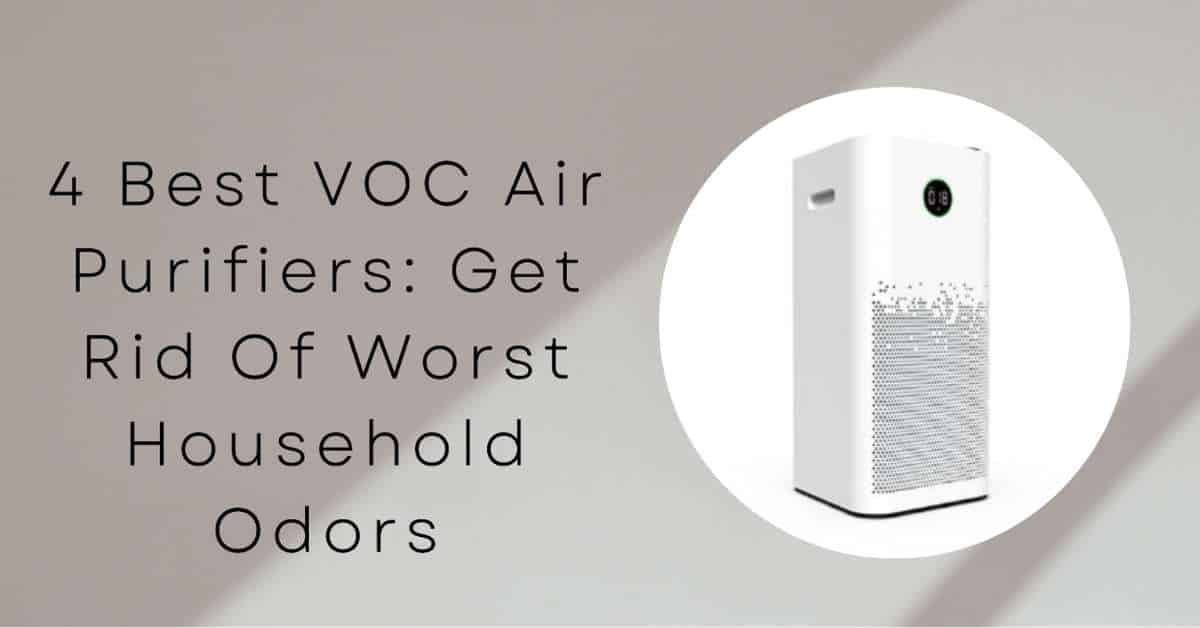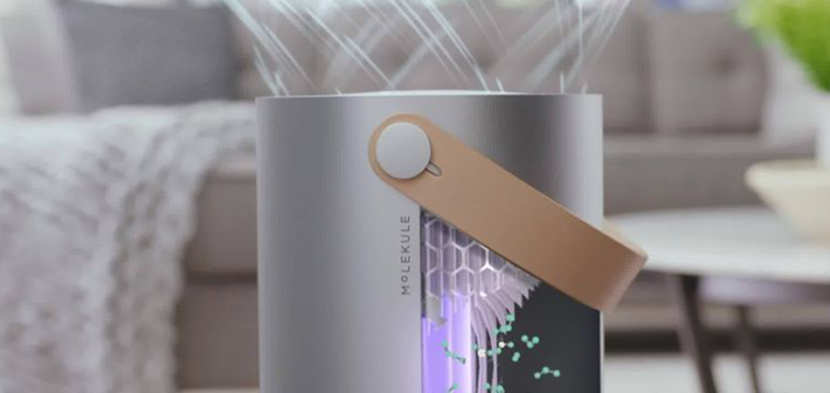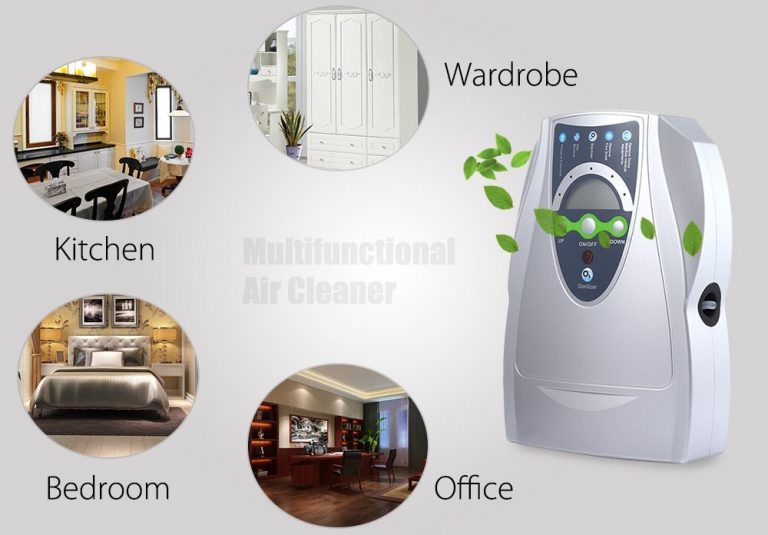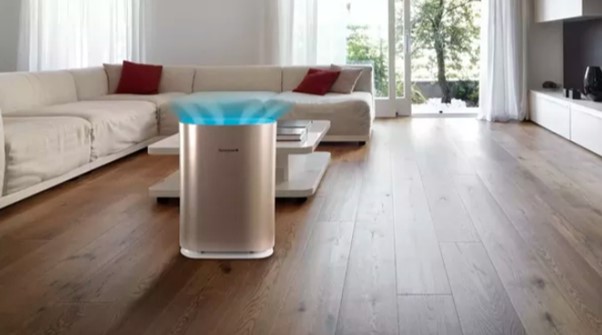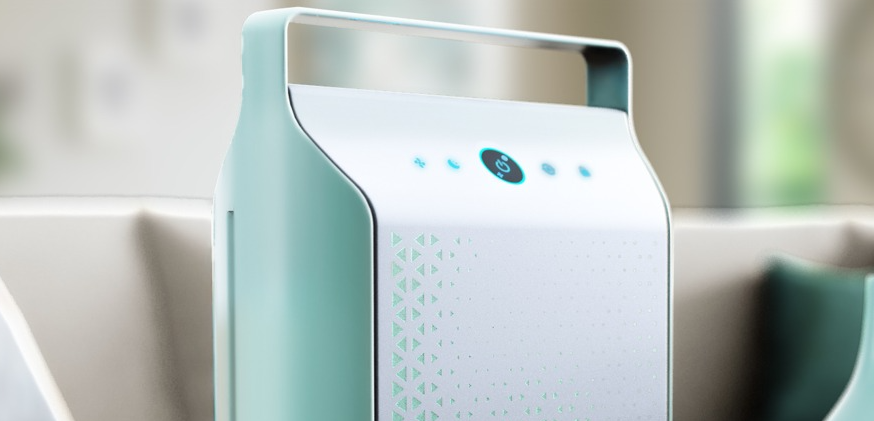Do Air Purifiers Get Rid Of Odors

Lingering cooking smells, pet odors, and the general mustiness that can plague a home – unwanted smells are a common nuisance. Many consumers turn to air purifiers, hoping these devices will not only clean the air but also eliminate these bothersome odors. But do air purifiers truly get rid of odors, or are they simply masking the problem?
This article explores the science behind odor removal by air purifiers, examining the technologies involved and their effectiveness against various types of smells. We'll delve into the different filter types and their specific capabilities, helping consumers make informed decisions about whether an air purifier is the right solution for their odor concerns.
How Air Purifiers Work
Air purifiers work by drawing air in, filtering it, and then releasing the cleaned air back into the room. The filtration process is key to their effectiveness, and different air purifiers employ various types of filters, each designed to target specific pollutants.
These filters include particulate filters, such as HEPA (High-Efficiency Particulate Air) filters, which trap dust, pollen, and other airborne particles. There are also gas-phase filters, like activated carbon filters, that are designed to capture gases and odors.
The Role of Activated Carbon in Odor Removal
Activated carbon filters are the primary weapon in an air purifier's arsenal against odors. This material is processed to have a large surface area, riddled with tiny pores.
This expansive surface area allows it to adsorb (not absorb) odor molecules. Adsorption is a process where molecules adhere to the surface of a material, rather than being absorbed into it.
The effectiveness of an activated carbon filter depends on several factors, including the quality and amount of carbon used, and the specific odor being targeted. More carbon generally translates to a greater capacity for odor adsorption.
Limitations of Air Purifiers in Odor Removal
While activated carbon filters can be effective, they are not a silver bullet. Some odors are more difficult to remove than others, and the filters have a finite lifespan. Over time, the carbon becomes saturated with odor molecules and loses its effectiveness.
Additionally, some air purifiers contain HEPA filters, designed to capture particles, not odors. They will not remove gases or smells.
Air purifiers address airborne odors, but they won't eliminate the source of the odor. For example, an air purifier can help remove the smell of mildew, but it won't eliminate the mildew itself, which must be addressed separately.
Scientific Studies and Expert Opinions
The EPA (Environmental Protection Agency) acknowledges that air cleaners with activated carbon filters can reduce some indoor gaseous pollutants, including odors. However, they emphasize the importance of selecting an appropriately sized air purifier for the room and maintaining the filters according to the manufacturer's instructions.
Research has shown that the effectiveness of activated carbon filters varies depending on the specific odor. For instance, studies have indicated that they are generally effective at removing volatile organic compounds (VOCs), which can contribute to unpleasant smells. According to the American Lung Association, reducing VOCs can improve indoor air quality.
Experts in indoor air quality often recommend a multi-pronged approach to odor control, including source removal, ventilation, and air purification. Relying solely on an air purifier without addressing the underlying cause of the odor may not provide a satisfactory solution.
Other Technologies for Odor Removal
Some air purifiers use technologies beyond activated carbon filtration to combat odors. These include UV (ultraviolet) light and ionization.
UV light can kill bacteria and viruses, potentially reducing odors caused by microbial growth. Ionizers release ions into the air, which can attach to odor molecules and cause them to fall to the ground.
However, the effectiveness and safety of these technologies are debated. Some studies have raised concerns about the potential for UV light to produce ozone, a respiratory irritant, and about the long-term health effects of exposure to ions.
Consumer Considerations
When choosing an air purifier for odor removal, consumers should carefully consider the type of odor they are trying to eliminate, the size of the room, and the filter types included in the device. Look for models with substantial activated carbon filters.
Regular filter maintenance is crucial. Activated carbon filters need to be replaced periodically to maintain their effectiveness. Check the manufacturer's recommendations for filter replacement schedules.
Consumers should be wary of exaggerated claims about odor removal. No air purifier can eliminate all odors completely, and addressing the source of the odor is always the most effective approach.
Conclusion
Air purifiers, particularly those with activated carbon filters, can play a role in reducing indoor odors. However, they are not a magic bullet.
Their effectiveness depends on several factors, including the type of odor, the quality of the filter, and proper maintenance. Used in conjunction with source removal and adequate ventilation, air purifiers can contribute to a fresher, more pleasant indoor environment.
Ultimately, the decision of whether to purchase an air purifier for odor control should be based on a realistic understanding of its capabilities and limitations, as well as a careful assessment of individual needs and circumstances.
